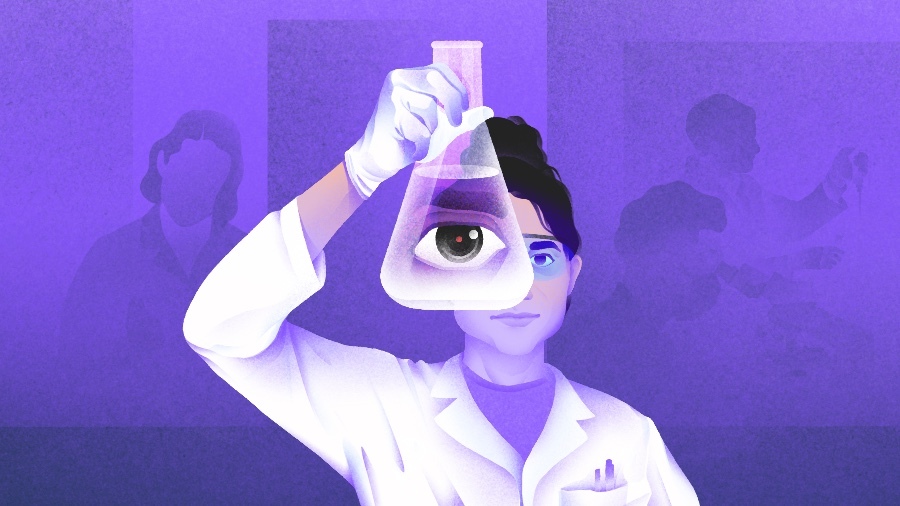Revalia Bio, a pioneering startup based in New Haven, Connecticut, has recently raised $14.5 million in seed funding to revolutionize the drug development landscape.
This innovative company is focused on helping pharmaceutical firms test new therapies using human organs, a method that promises to bridge the gap between preclinical research and clinical trials.
Breaking New Ground in Drug Testing
Unlike traditional preclinical models that rely on animal testing, Revalia Bio leverages human organs from deceased donors to conduct what they call 'Human Data Trials'.
This approach aims to provide more accurate and relevant data before therapies enter the costly and risky phase of human clinical trials.
A Game-Changer for Chronic Disease Treatment
The company’s mission is particularly significant for chronic diseases that often lead to organ failure, addressing a critical need in modern healthcare.
By utilizing proprietary data capture and analysis systems, Revalia Bio is poised to disrupt outdated testing models and accelerate the path to curative drugs.
Historical Challenges in Drug Development
Historically, drug development has been plagued by high failure rates, with many therapies failing in clinical stages due to discrepancies between animal models and human biology.
Revalia Bio’s technology could potentially reduce these failures, saving billions in research costs and bringing effective treatments to market faster.
Future Implications for the Biotech Industry
Looking ahead, the success of Revalia Bio’s platform could set a new standard in the biotech industry, encouraging other companies to adopt human-centric testing methods.
With support from investors like the National Kidney Foundation Innovation Fund, the startup is also focusing on specific areas such as kidney disease therapeutics, highlighting its targeted impact.
The broader implications of this funding round signal a growing investor confidence in health technology solutions that prioritize real human data over traditional methods.
As Revalia Bio moves forward with its $14.5 million war chest, the industry watches closely, hopeful for a future where drug development is faster, safer, and more effective.


 Alfred Lee
Alfred Lee




